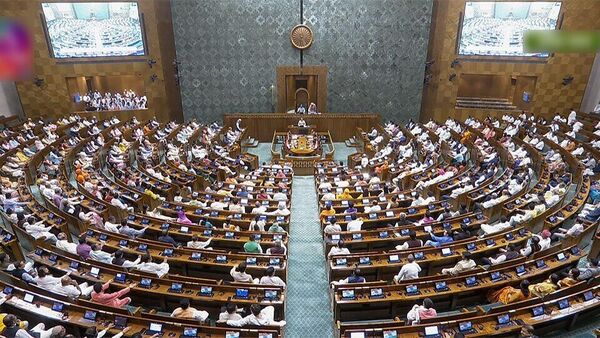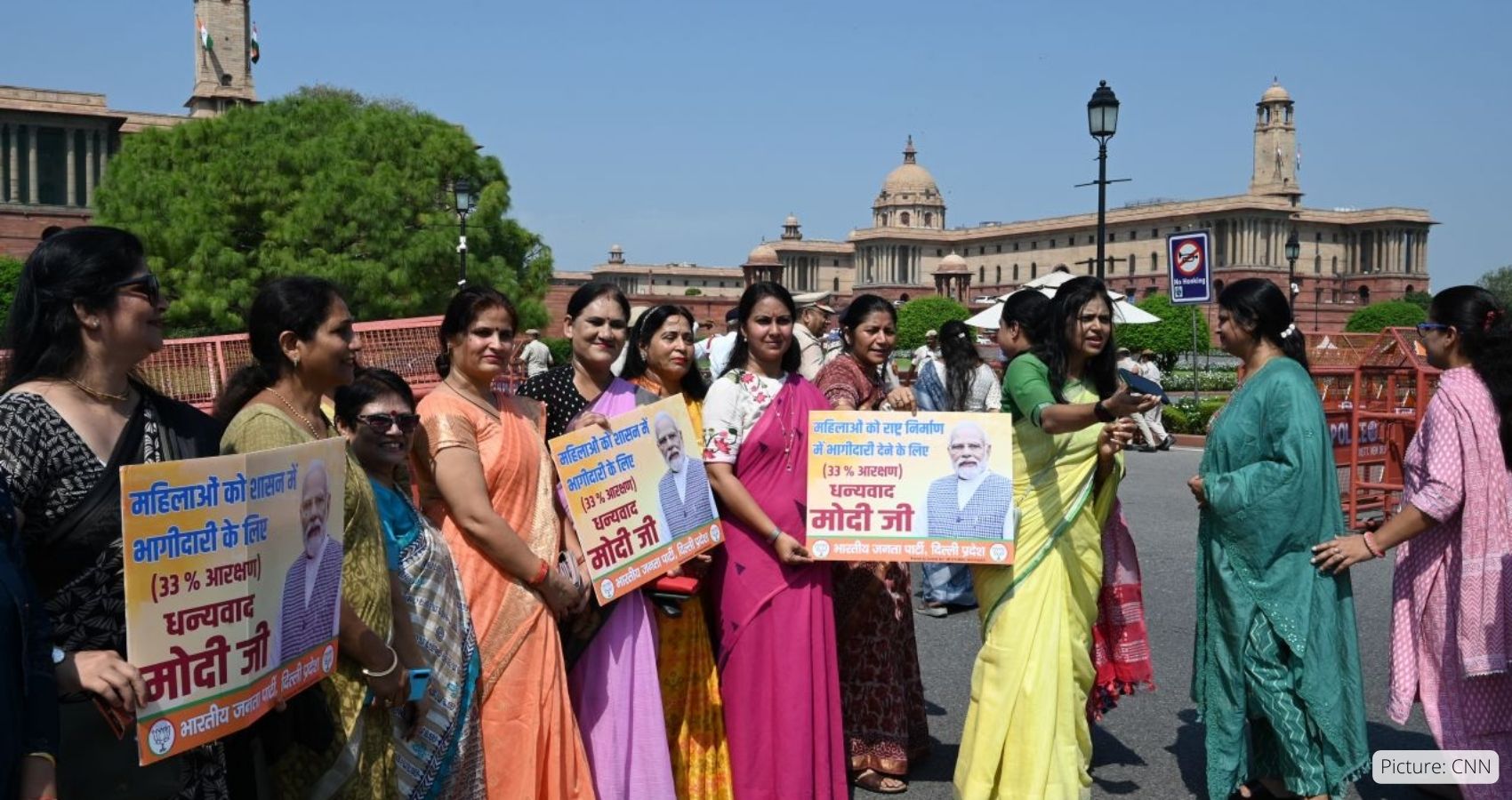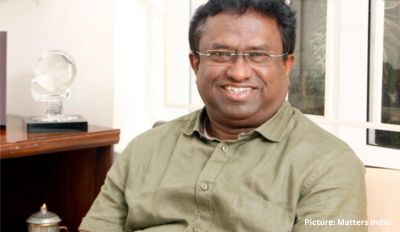India took a significant stride towards gender equality this week as Prime Minister Narendra Modi, during a special parliamentary session, unveiled a bill that aims to reserve one-third of
seats in the more influential lower house and state legislative assemblies for women. Modi, while introducing the Nari Shakti Vandan Adhiniyam, or Women’s Reservation Bill, declared this momentous occasion, saying, “This is a historic moment, this is a moment of pride for us.”
A similar bill was initially proposed in September 1996, with successive Indian governments attempting but failing to pass it into law due to strong opposition from conservative heartland
parties. In 2010, Mulayam Singh Yadav, a leader of the socialist Samajwadi Party, voiced the sentiment of wanting reservations for women from minority and backward classes before endorsing such a bill: “We are not anti-women.”
After 27 years in the making, the Women’s Reservation Bill achieved near-unanimous approval in the lower house on Wednesday, before smoothly passing through the upper house late Thursday. The bill now awaits the President's signature to become law.
“U.N. Women applauds the passage of the bill," stated Kanta Singh, a country representative from the international agency, describing it as “one of the most progressive and transformative pieces of legislation that would bring women into the highest decision-making bodies." As per Reuters, women currently occupy a mere 15% of seats in the lower house, with only 82 out of 550 seats held by women. This number further decreases in the upper house, where women occupy just 12% of the seats, accounting for 31 out of 250. A 2015 Report on the Status of Women in India by the Ministry of Women and Child Development highlighted the dismal representation of women in parliament and state assemblies, especially in senior decision-making positions.

Apart from parliament, India has seen only one woman Prime Minister and two female Presidents since gaining independence in 1947. Furthermore, only 15 women have served as Chief Ministers. This record has placed India, often referred to as the world’s largest democracy, near the bottom of the global list concerning gender parity in legislatures. The country ranks 141
out of 185 in the World Economic Forum's latest Global Gender Gap Report.
Nevertheless, there has been a seven-fold increase in the number of women contesting elections since the 1950s. However, economist Shamika Ravi, a member of the Indian government’s Economic Advisory Council, notes that most women run as independent candidates and often face significant barriers to entering politics or assuming leadership roles, including the need for substantial campaign funding and political party backing.
Ravi believes that the new bill, which establishes a legally-binding target for the number of women lawmakers by 2029, will incentivize political parties to be more gender-inclusive and appoint more women to leadership positions.
This legislation comes at a time when women in India have been actively engaged as voters, constituting nearly half of India's 950 million registered voters—a number that has consistently grown over the last two decades. Studies have indicated that women tend to vote differently from men. For instance, in a 2005 hung election in the northern state of Bihar, Ravi found that women supported a new set of candidates, signaling a desire for change, while men generally voted for the status quo.
Supporters of the bill argue that quotas for women have already yielded positive results at the local level after their introduction in 1993. Ambar Kumar Ghosh from the Observer Researcher Foundation, a New Delhi-based think tank, notes that women now occupy around 44% of seats in local assemblies, showcasing significant progress in women’s political empowerment at the grassroots level. This achievement, Ghosh says, places India among the world’s leading nations in facilitating women's political empowerment at the local level, surpassing countries like France, the U.K., Germany, and Japan.
This landmark bill comes just months before India's next general elections, scheduled for May 2024, during which Modi will seek his third term in office. Its passage in the lower house sparked an eight-hour debate, with opposition parties, led by the Indian National Congress, engaged in a heated battle over who deserves credit for this historic legislation.
Sonia Gandhi, a former leader of Congress, asserted the bill as “ours”and stated,”I must say it be a victory for the Congress Party if the bill is finally passed.” Economist Shamika Ravi views this contention positively, suggesting that it signifies broad ownership of the idea of women’s reservation, potentially leading to increased opportunities for women from various political parties during election time.











